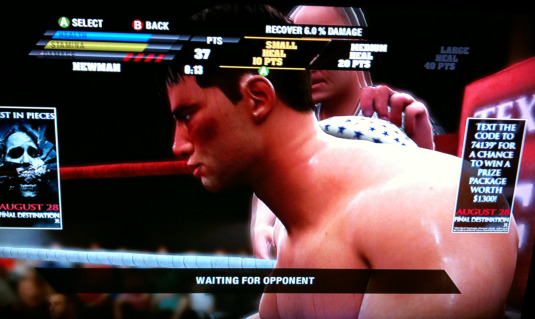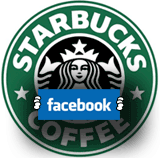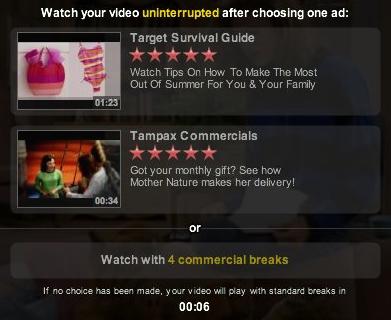 [UPDATE: There’s a great conversation spurred by this post going on over at Louis Gray’s FriendFeed.]
[UPDATE: There’s a great conversation spurred by this post going on over at Louis Gray’s FriendFeed.]
Windows IT Pro’s Orin Thomas has a piece up with the title In five years will block Internet advertisements by default. He isn’t quite that extreme in the story itself, but he does say that he thinks the popularity of the Firefox add-in Adblock Plus will inevitably lead to most users blocking ads.
Putting aside for the moment the question of what that would do to the Web economy (including, er, ad-subsidized sites like Technologizer), I don’t think Thomas’s scenario will happen in the sweeping form he describes. For one thing, ad blockers have been around for a long time, and if their inevitable domination of the Web is in progress, it’s happening really slowly. For another, every major purveyor of Web browsers except Opera is either a major advertiser or a major seller of ads, or both–even Mozilla makes millions from the Google ads its default home-page search displays. (I’d be very surprised but not utterly disbelieving if Google were to build ad-blocking into Chrome–but if it turns it on by default, I’ll eat my MacBook.)
Of course, as with everything on the Web, it’s ultimately consumers who call the shots–if enough folks use ad-blockers, the Web will have to adjust, one way or another. (I continue, incidentally, to have no problem whatsoever with the fact that a meaningful minority of Technologizer readers block ads–I don’t need everybody to see the ads as long as a critical mass of folks do.)
What say you?

 I just this very moment formulated a new theory about search engines: It may be impossible to do good TV-style advertising for them. They’re free, you can try them at will, and if they’re not pretty self-explanatory, they’ve failed from the get-go. All of which makes it hard to spend thirty seconds saying anything useful about them.
I just this very moment formulated a new theory about search engines: It may be impossible to do good TV-style advertising for them. They’re free, you can try them at will, and if they’re not pretty self-explanatory, they’ve failed from the get-go. All of which makes it hard to spend thirty seconds saying anything useful about them.


 Multiple reliable sources are reporting that
Multiple reliable sources are reporting that  Last week, Microsoft COO Kevin Turner said he was
Last week, Microsoft COO Kevin Turner said he was  Starbucks Coffee Company has turned to social media to promote its new ice cream brand. The bean peddler is giving Facebook users
Starbucks Coffee Company has turned to social media to promote its new ice cream brand. The bean peddler is giving Facebook users  The Wall Street Journal is reporting that Microsoft has
The Wall Street Journal is reporting that Microsoft has  Internet Explorer 8 is a
Internet Explorer 8 is a  In a clever move by Google, some YouTube content will
In a clever move by Google, some YouTube content will